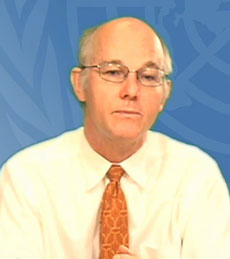|
International Law
Administrative Governance
What, How, and Who
Should Public International Law Regulate?:
New Problems of Global Administrative Governance A. Legal Instruments
Charter of the United Nations and Statute of the International Court of Justice, San Francisco, 26 June 1945.
Convention for the Protection of Human Rights and Fundamental Freedoms, Rome, 4 November 1950, United Nations, Treaty Series, vol. 213, p. 221. Montreal Protocol on Substances that Deplete the Ozone Layer, Montreal, 16 September 1987, United Nations, Treaty Series, vol. 1522, p. 3. General Agreement on Tariffs and Trade, Geneva, 30 October 1947, United Nations, Treaty Series, vol. 55, p. 187. Convention on Access to Information, Public Participation in Decision-Making and Access to Justice in Environmental Matters, Aarhus, 25 June 1998. B. Documents
Handbook on Procedures and Criteria for Determining Refugee Status under the 1951 Convention and the 1967 Protocol relating to the Status of Refugees, Reedited,
Geneva, January 1992, UNHCR 1979, HCR/IP/4/Eng/REV.1. International Bank for Reconstruction and Development/International Development Agency, Resolution No. IBRD 93-10/Resolution No. IDA 93-6 (“The World Bank Inspection Panel”), 22 September 1993. World Anti-Doping Agency, World Anti-Doping Code, Montreal, 2009. International Olympic Committee, Olympic Charter, Lausanne, 2011. FATF Recommendations 2012: International Standards on Combating Money Laundering and the Financing of Terrorism and Proliferation, Paris, 16 February 2012. Basel Committee on Banking Supervision Charter, 2013. |

